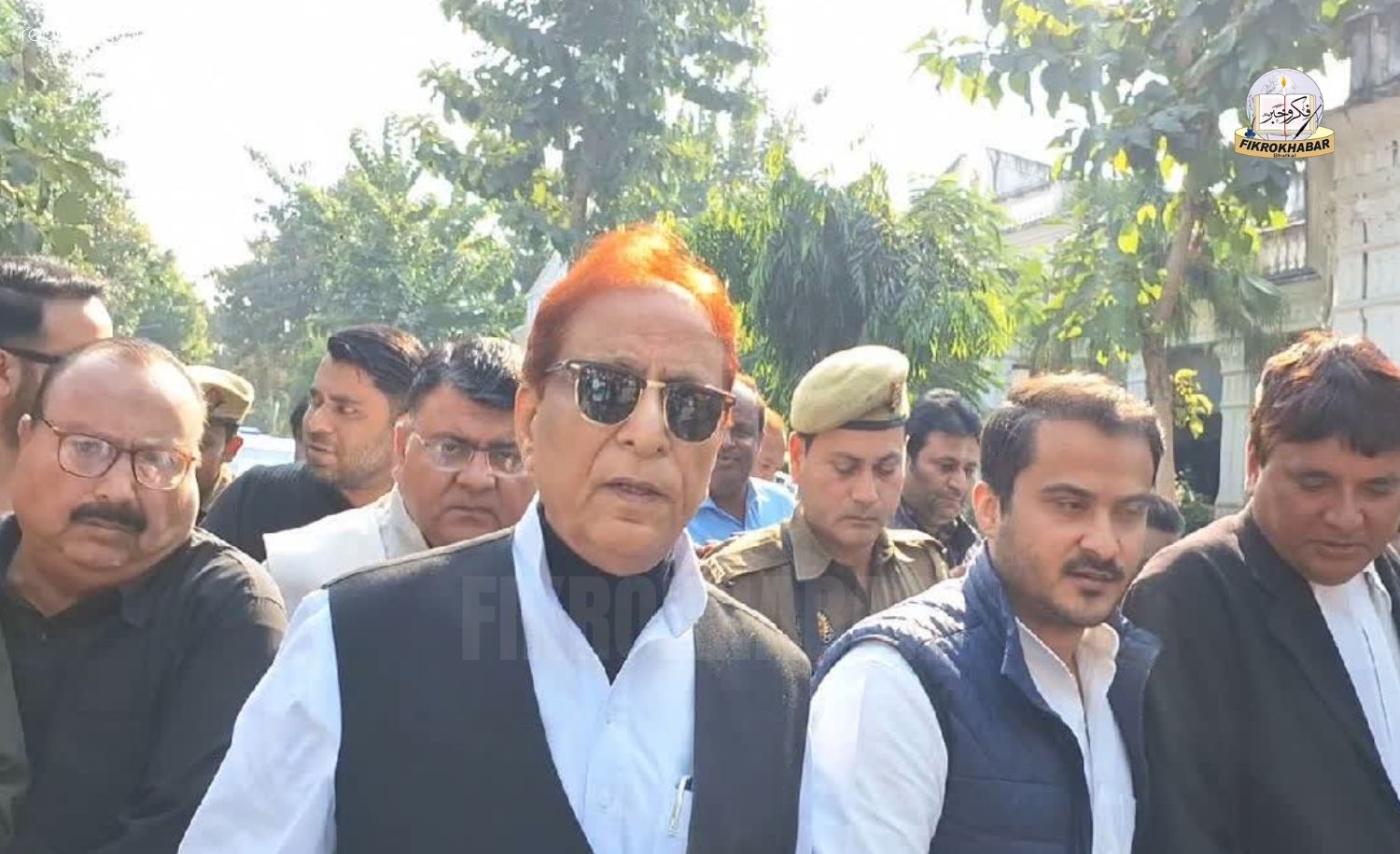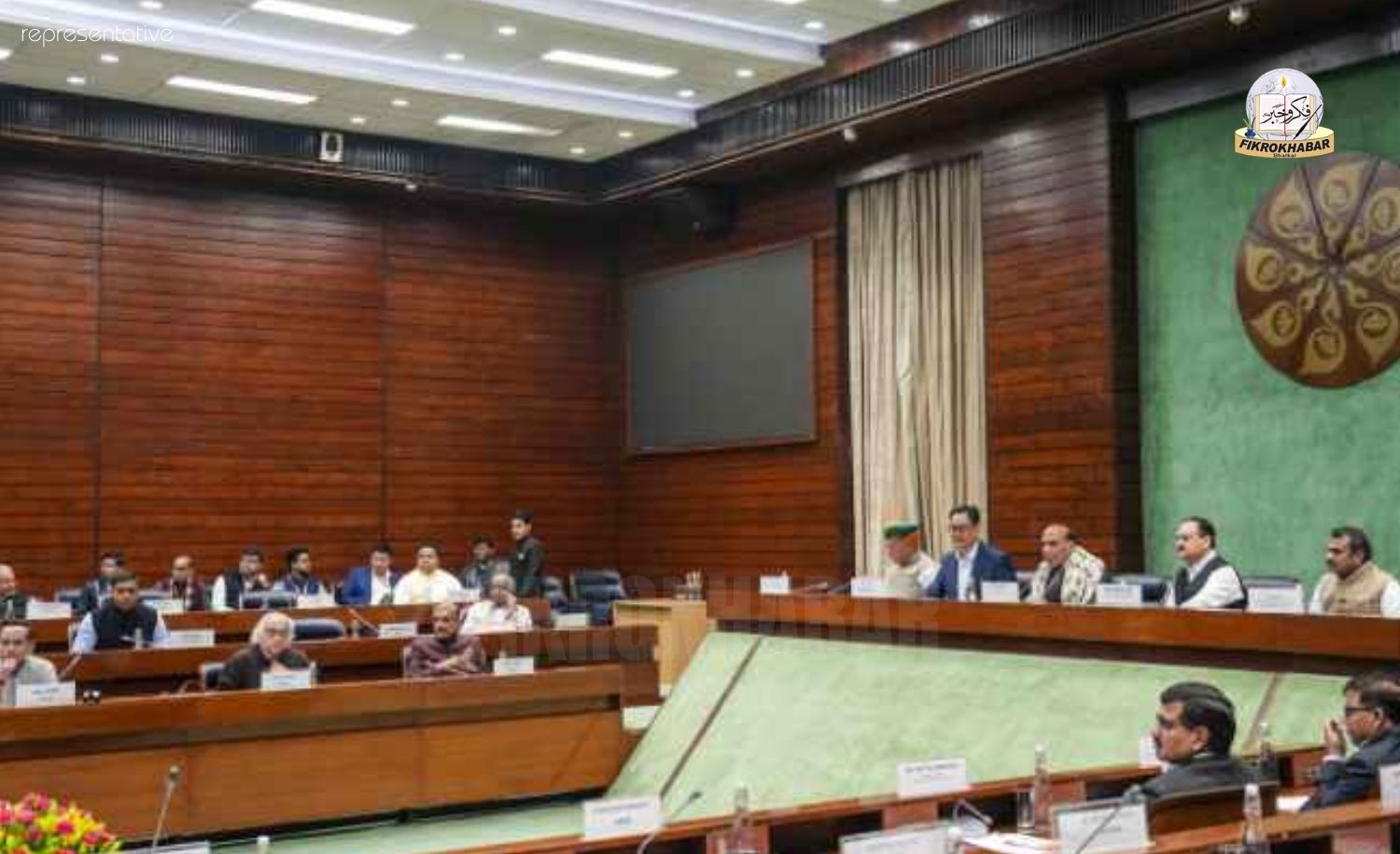India Faces $48.2B Export Blow as 50% US Tariffs Come Into Effect, Sparking ‘Absolute Shock’

NEW DELHI India is preparing for a major setback to its exports as the United States enacts steep new tariffs on Indian goods starting Wednesday. The move, which effectively doubles existing duties to 50%, could impact over $48.2 billion worth of trade more than half of India’s exports to its largest trading partner.
The escalation follows an executive order signed by US President Donald Trump earlier this month, increasing tariffs from 25% to 50% in response to India’s continued imports of Russian oil. The decision has sparked concern in New Delhi, where officials warn the tariffs could render many exports commercially unviable, risking job losses and slowing economic growth.
Fragile Trade Ties Under Strain
While India– US trade has grown in recent years, it remains prone to disputes over market access and policy friction. Analysts warn the latest tariffs may stall momentum and undermine bilateral economic cooperation.
Labor-Intensive Sectors to Take the Hardest Hit
According to the Global Trade Research Initiative, industries such as textiles, gems and jewelry, leather, food processing, and automobiles are expected to be most affected. These labor-heavy sectors drive significant employment in India’s export hubs.
“The new tariff regime is a strategic shock,” said Ajay Srivastava, founder of the think tank and former trade official. “It threatens to erase India’s long-established footprint in the US market.”
Pharmaceuticals and electronics two sectors where India has major exposure have been temporarily exempted from the new tariffs, offering partial relief.
Exporters Sound Alarm
Puran Dawar, a leather footwear exporter from Agra whose clients include global fashion retailer Zara, described the move as an “absolute shock.”
“If domestic demand doesn’t improve and we don’t find new international buyers quickly, this will severely impact the industry,” said Dawar, who also chairs a regional council under the Council for Leather Exports. He warned that American consumers would also face price hikes due to the new duties.
Export groups caution that small and medium enterprises (SMEs) many of which rely heavily on US markets could be hit hardest. “Some product lines will simply become unviable overnight,” said Ajay Sahai, Director General of the Federation of Indian Export Organisations.
Modi Stands Firm Amid US Pressure
The tariffs come amid ongoing US efforts to gain greater access to India’s agriculture and dairy sectors. Despite five rounds of bilateral negotiations, a trade deal remains elusive, largely due to India’s resistance to exposing these sensitive sectors to cheaper US imports.
Prime Minister Narendra Modi has vowed to protect domestic interests. “The livelihoods of our farmers and small businesses are non-negotiable,” he said at a recent rally in Gujarat. Modi accused developed nations of practicing “economic selfishness” in global trade.
Amid tensions, a US trade delegation canceled its planned visit to New Delhi for a sixth round of talks.
India Plans Reforms, Diversification to Cushion Impact
In response, India is accelerating economic measures aimed at boosting domestic consumption and diversifying export markets. The government is considering changes to the Goods and Services Tax (GST) to lower costs for cars, insurance, and home appliances ahead of Diwali.
Officials are also exploring incentives for exporters, including access to cheaper bank credit. Trade expansion efforts are underway, targeting Latin America, Africa, Southeast Asia, and fast-tracking negotiations with the European Union to reduce reliance on the US market.



